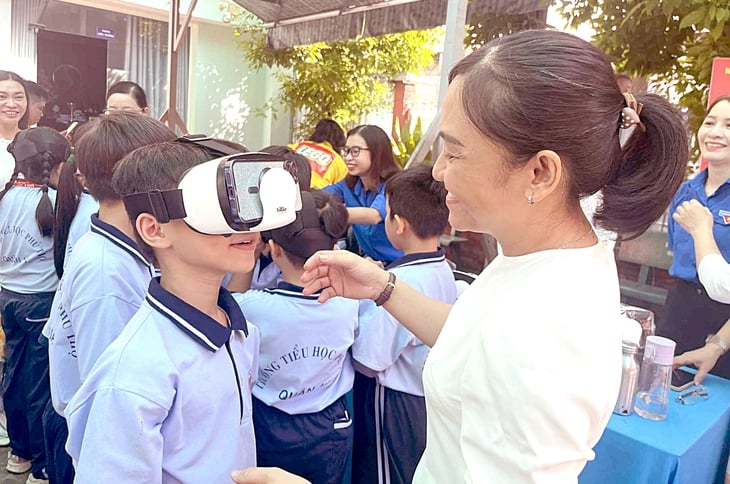
Students learn about digital devices at the Digital Transformation Festival at Phu Tho Primary School, Ho Chi Minh City - Photo: MY DUNG
Prof. Dr. Huynh Van Son, principal of Ho Chi Minh City University of Education, raised this issue in an interview with Tuoi Tre about digital skills education for high school students. Mr. Son is also the editor-in-chief of the Digital Skills Education book series (from grades 1 to 5) that was recently published and approved by the Ho Chi Minh City Department of Education and Training for use in schools in Ho Chi Minh City.
Mastering the digital space
* Professor, the Politburo has just issued Resolution 71 on educational development breakthroughs, emphasizing the task of "comprehensive digital transformation, popularization and strong application of digital technology and artificial intelligence in education and training". Can you share why the Digital Skills Education book series was released at this time?

Professor Huynh Van Son - Photo: TTD
- This book series is not a spur-of-the-moment "reaction" but a proactive and well-documented approach. Resolution 71 helps us have a more solid political foundation, but digital literacy education for students is already a trend taking place in practice.
In fact, we have been investing in research on digital capacity and digital education for about five years now, especially in the context of the pandemic and digital transformation. This is also a partial result of the research topic that I am the head of.
We believe that children use technology devices from grade 1, even before they can read, so having a set of systematic documents, instructions on how to use them effectively, safely, humanely and ethically in the digital space is an inevitable requirement. We want Vietnamese students to master the digital space, not be led. Let's give children orientation, preparation, and training instead of being too passive.
* What motivated you and your team of authors to compile this book series?
- We ask many questions when approaching from practice: Why do children know how to use phones and tablets very early but still get scammed? Why are many children good at playing online games but lack reflexes, lack information about copyright and privacy? Why can't there be documents for Vietnamese students when they need them?...
From those questions, we are determined to build a set of books that not only teach skills but also guide students to approach principles, life values and ethics in the digital space. Therefore, we believe that digital skills education is a name that ensures enough capacity development, full of pedagogy - education and ensures application orientations...
The important role of teachers
* Which students are suitable for this book series and can it be used as a textbook in teaching the subject of "digital transformation" or artificial intelligence (AI) applications? What basic knowledge and applications does the book series provide primary school students in using digital skills?
- The book series is aimed at primary school students from grades 1 to 5. From simple initial knowledge such as "which devices are connected to the Internet", how to use common digital devices to more complex skills such as "distinguishing real news from fake news", or "reporting to adults when encountering online risks" as well as self-study on digital devices, ensuring health when using digital devices and technology devices...
The matrix of the book series is built by us on many arguments and complies with the path of developing digital competence of primary school students as well as other related requirements. In general, these digital skills are built to supplement many subjects: information technology, ethics, experiential activities, science... according to integrated diversification. From another perspective, the topics can be implemented to teach two sessions for primary school students.
* Many people are concerned that teaching students early about AI applications, computers and digital operations will make students "intellectually dull", teaching a generation that only knows how to copy? In your opinion, how should teachers help students possess digital skills but at the same time turn them into good tools for their own development?
- This is a difficult question because the book series needs the help of the implementer. The educational logic of the book writer needs to be "interfaced" with the pedagogical logic of the trainer, the teacher to ensure the above requirements.
However, in the most general perspective, teachers need to: understand digital skills before teaching students; integrate digital skills into lessons, assign tasks, and evaluate students' activities on digital platforms; guide students to ask questions, doubt information, and share responsibility in the digital environment; accompany students in experiencing, adjusting, and exchanging practical application orientations.
We believe that it is teachers who inspire and create a safe digital thinking environment for students to explore, experience and practice digital skills.
Digital skills education must go hand in hand with digital ethics education, this is the key. Digital education in the true sense is not just using tools to serve a passive way but exploiting them intelligently, flexibly and ensuring goals.
In addition, digital education, including AI applications, is also "organized" in a technical manner according to each level: familiarization, learning, exploitation, application, and mastery in a moderate manner...
Comprehensive digital education ecosystem
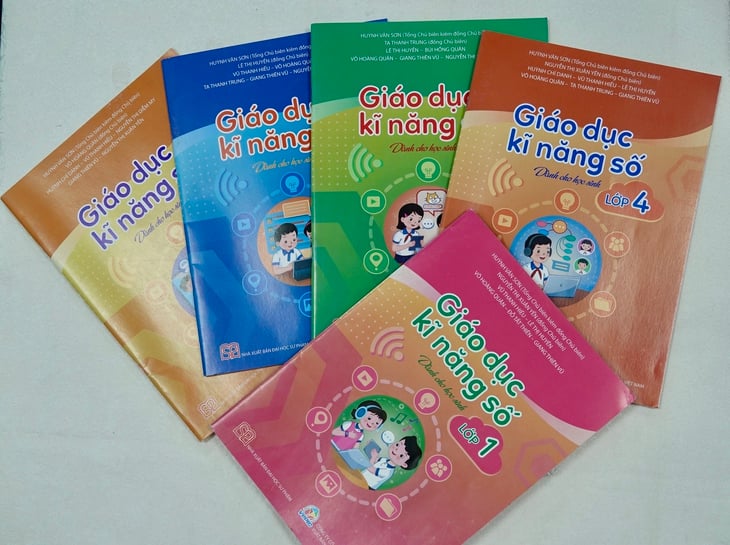
Photo: TTD
The Digital Skills Education book series was compiled by a group of authors: Huynh Van Son (editor-in-chief), Nguyen Thi Xuan Yen, Vu Thi Thanh Hieu, Le Thi Huyen, Vo Hoang Quan, Do Tat Thien, Giang Thien Vu, published by the University of Education Publishing House and Vietnam Educational Equipment Publishing Investment Joint Stock Company.
The book helps students explore digital devices and practice exploiting data, information, communication and collaboration in the digital environment. The book series also aims to help students learn how to ensure safety, practice problem-solving skills and start using AI positively.
According to the authors of the book series, the book series has been built on a digital competency matrix that ensures the basic requirements of a fairly systematic development matrix with the following notable points: an overall system of digital skills for primary school students with attention to continuing to post-primary school; combining knowledge, skills, ethics, and habits in the digital environment in a synchronous manner; the book series is designed to be age-appropriate, with many attractive images, situations, and games; there is a guide for parents and teachers, creating a close connection between school and family.
Digital skills are developed along the path with educational logic as the focus that the group of authors always adhere to. It can be said that the book series is not only a learning tool but also a part of a comprehensive digital education ecosystem, placing students at the center but not separating the community of responsibility from schools, families and society in today's constantly evolving digital context.
Source: https://tuoitre.vn/giao-duc-ky-nang-so-day-de-tre-lam-chu-khong-bi-dan-dat-20251011084814717.htm




![[Photo] National Assembly Chairman Tran Thanh Man attends the VinFuture 2025 Award Ceremony](/_next/image?url=https%3A%2F%2Fvphoto.vietnam.vn%2Fthumb%2F1200x675%2Fvietnam%2Fresource%2FIMAGE%2F2025%2F12%2F05%2F1764951162416_2628509768338816493-6995-jpg.webp&w=3840&q=75)

![[Photo] 60th Anniversary of the Founding of the Vietnam Association of Photographic Artists](/_next/image?url=https%3A%2F%2Fvphoto.vietnam.vn%2Fthumb%2F1200x675%2Fvietnam%2Fresource%2FIMAGE%2F2025%2F12%2F05%2F1764935864512_a1-bnd-0841-9740-jpg.webp&w=3840&q=75)











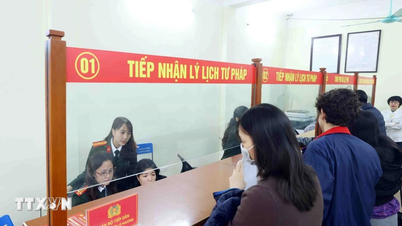

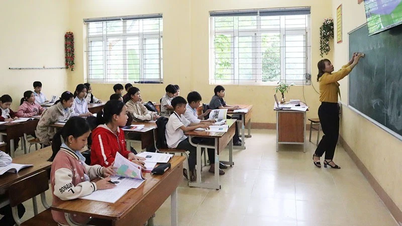



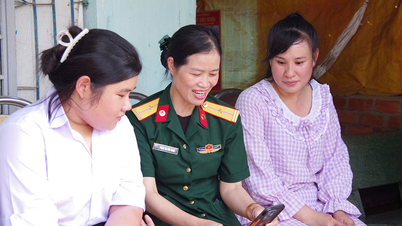

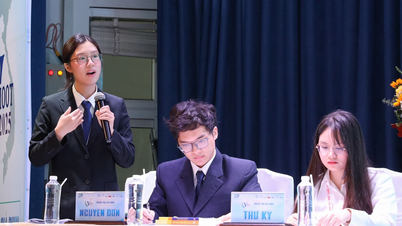


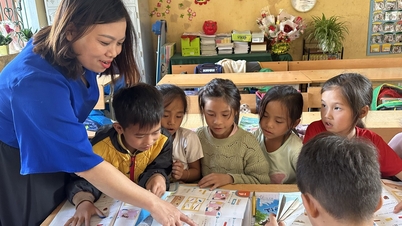












































































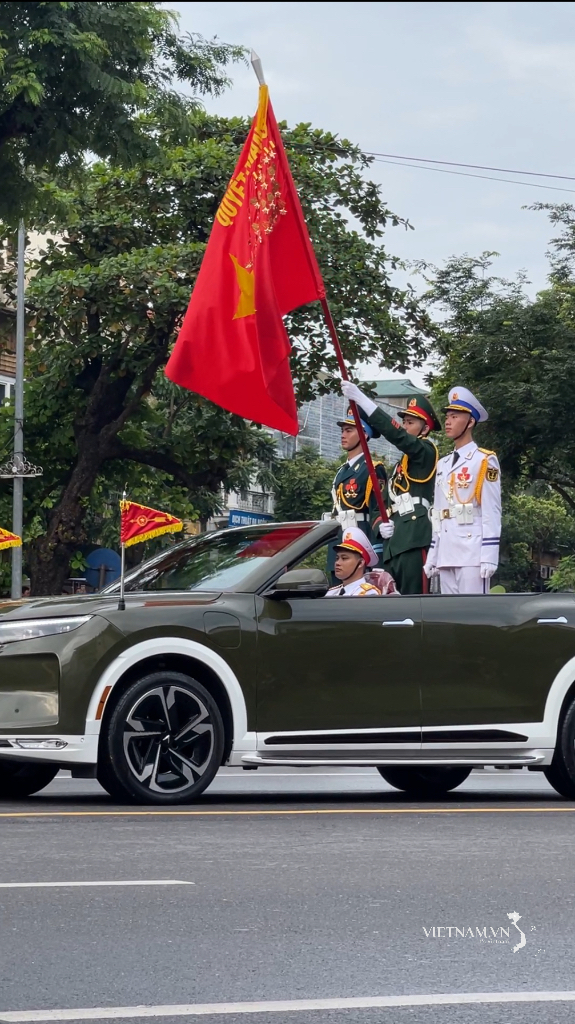





Comment (0)